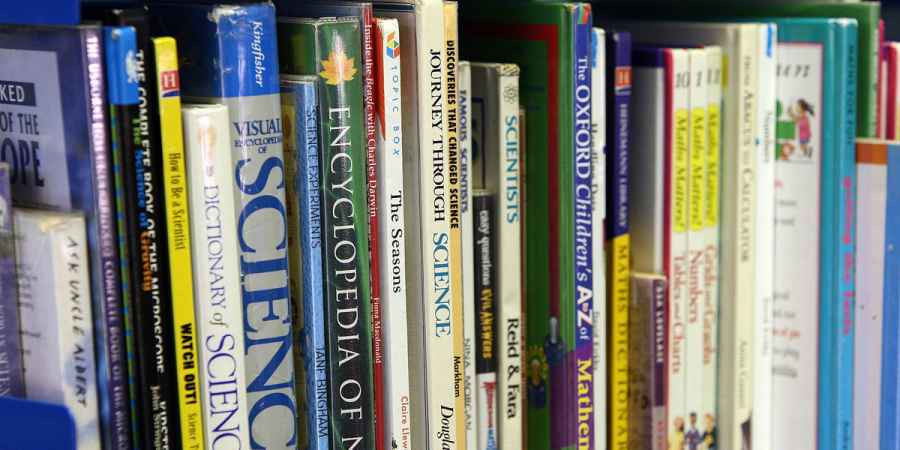
Photo: pixabay.com

Photo: pixabay.com
This page is more than two years old.
Paranormal investigators conducting their own citizen science could help parapsychologists facing the challenges of traditional laboratory-based research. It could help researchers to overcome these limitations by providing a more diverse and representative sample of data.
If you're a paranormal investigator who takes a scientific approach to ghost hunting, then like it or not, you're a citizen scientist. Depending on how rigorous you are in your approach to obtaining evidence of ghosts and hauntings, your research could help further the field of parapsychology.
Parapsychology is a field of study that investigates the existence and nature of psychic abilities, such as telepathy, clairvoyance, psychokinesis, and precognition. It also deals with the possibility that human consciousness can survive after death. This is of course the part of the field that is most relevant to ghost hunting.
Parapsychology is a professional and academic field of research, which is often studied as a speciality of psychology. Since ghost and hauntings are harder to study in a lab than psi abilities, ghosts often aren't given the same amount of attention as psi. This is where citizen science can help further the research, by providing data from the field to parapsychologists.
Citizen science is a form of scientific research that involves members of the general public in the collection and analysis of data. It is a way for individuals, regardless of their scientific background, to participate in scientific research and contribute to the advancement of knowledge in a particular field. There are already parapsychologist who are using citizen science techniques to investigate the psychological and social factors that may be associated with the belief in ghosts and other paranormal phenomena.
Often the methods of ghost hunters don't align with the principles and practices of scientific research, since they rarely collect data and their research is more about observations, which tend to rely on personal experiences and anecdotal evidence, rather than empirical data and rigorous scientific testing.
However, ghost hunting is a good way for people without a scientific background to learn about science, critical thinking and skepticism. If ghost hunters adopt a scientific and measured approach to paranormal investigation, then it can be considered a form of citizen science in the sense that it involves members of the public in the collection of data. This could mean using methods such as surveys, interviews and online research to gather data from participants, and analyse it in a scientific way. It could also mean undertaking activities such as collecting environmental data at haunted locations.
Parapsychology can potentially benefit from citizen science in a number of ways. By involving members of the public in the collection and analysis of data, citizen science can increase the amount of data available for study and the diversity of perspectives involved in research. This can help to overcome some of the limitations of traditional laboratory-based parapsychology research, which has been criticised for being overly controlled and limited in scope when it comes to paranormal phenomenon.
Citizen science projects can also help to promote public engagement and understanding of parapsychology research. By involving members of the public in the research process, citizen science can help to demystify the field and make it more accessible to a wider audience. This can help to promote public understanding of the field and the issues it is investigating.
Additionally, citizen science can also provide an opportunity for researchers in the field of parapsychology to test their hypotheses in a controlled and rigorous way, by providing large datasets that can be used to test for any correlation or causality between paranormal phenomenon and other variables.
If you want to contribute to the field of parapsychology through your own citizen science, then you need to ensure that any evidence for ghosts you obtain has scientific rigour and is of value to the field. Citizen scientists should adhere to the principles and practices of scientific research.
As a citizen scientist, your research and data is often just a small part of a large pool of research conducted by members of the public. Therefore, it is important that ghost hunters use standardised methods for collecting and analysing data, such as protocols and procedures that have been pre-approved by experts in the field. This will help to ensure that the data collected is reliable and can be compared to data collected by other researchers.
To overcome the issue of evidence being anecdotal or related to personal experiences, try to capture evidence using multiple methods, such as video, audio, and still photography. This will help to ensure that any observed effects are not due to a perceived personal experience or a single error with one particular piece of evidence. For example a figure captured in a still photograph that is replicated on a video camera is more robust, even more so if the sound the figure made is captured independently in an audio recording too.
Citizen scientists should share their data and findings with other researchers. This will help to ensure that their research is reviewed and analysed without bias, and also encourage others to attempt to replicate the results. Replication is a vital part of the scientific process.
Below are some examples of experiments that citizen scientists could conduct to investigate claims of ghosts and hauntings...
Environmental measurements: Use thermometers and electromagnetic field (EMF) meters to measure the ambient temperature and electromagnetic activity in allegedly haunted locations. These measurements can then be compared to those taken in similar non-haunted locations, to see if there are any significant differences.
Audio and video recordings: Researchers could use audio and video equipment to record supposed ghostly activity, and then analyse the recordings for any unusual sounds or movements. To make this experiment more robust, you could compare these recordings to those taken in similar non-haunted locations.
Surveys and interviews: Gather data from people who claim to have experience ghostly activity, including details about the nature and timing of the experiences. Avoid asking leading questions when interviewing a witness, it is important to use open-ended and neutral questions that allow the respondent to provide their own perspective and experiences.
Science is not about belief, it is about testable explanations for observed phenomena. While parapsychology as a field has not yet been able to provide testable and repeatable evidence for the existence of ghosts, citizen science could help to bridge the gap between the field and the scientific community, and increase the understanding and knowledge about these phenomena.
Learn With Higgypop
Hosted by Paralearning in association with Higgypop, these courses on ghost hunting, paranormal investigations, and occult practices draw on the experience of our team of paranormal writers.
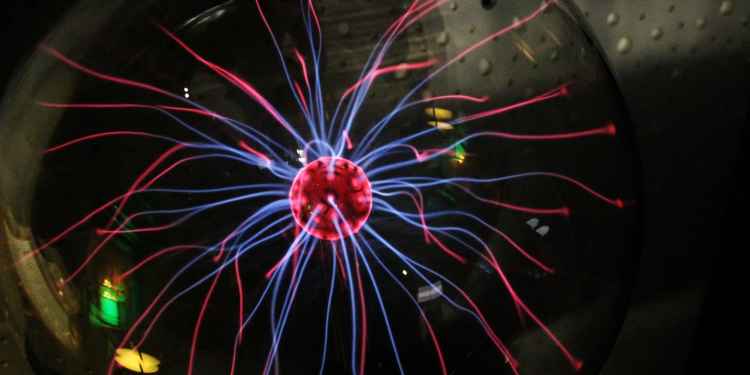
Diploma In Advanced Scientific Theory For Paranormal Investigators
This course gives you practical and useful knowledge of ghost hunting and paranormal research, which is invaluable when conducting your own paranormal investigations or as part of a group event.
View Course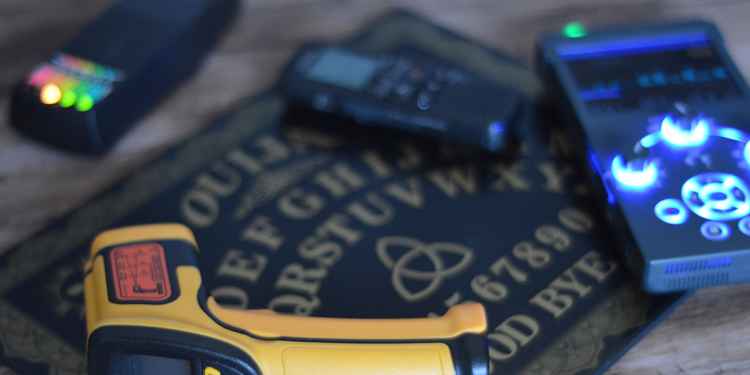
Diploma In Practical Ghost Hunting & Scientific Analysis
This course gives you practical and useful knowledge of ghost hunting and paranormal research, which is invaluable when conducting your own paranormal investigations or as part of a group event.
View CourseMore Like This
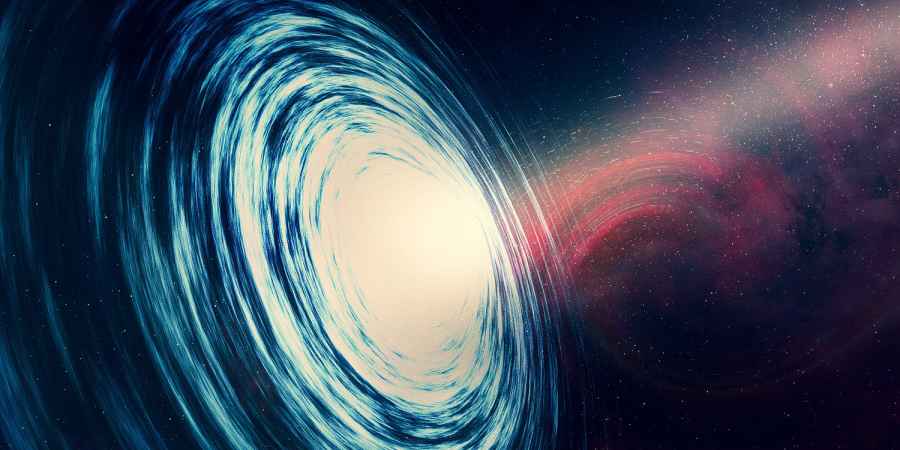
ScienceMarch 10, 2025
What Ghost Hunters Mean When They Talk About Dimensions
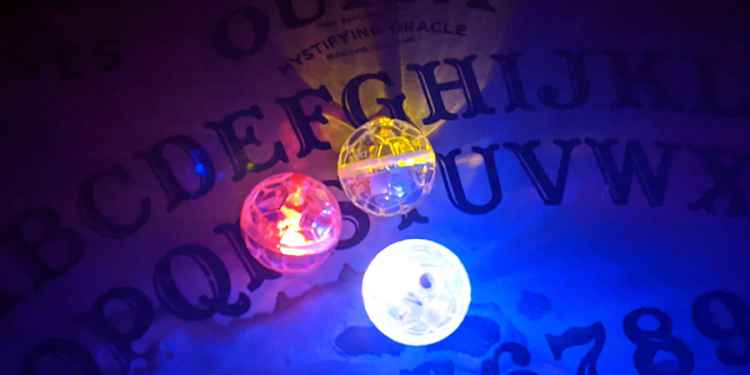
Ghost HuntingJanuary 26, 2025
These Are The Ghost Hunting Gadgets You Should Avoid If You Want To Be Taken Seriously As An Investigator
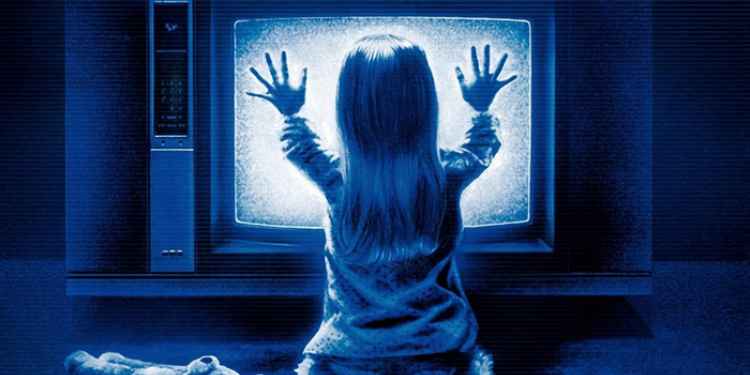
GamesDecember 09, 2024
Poltergeist Quiz
 See More on Audible
See More on Audible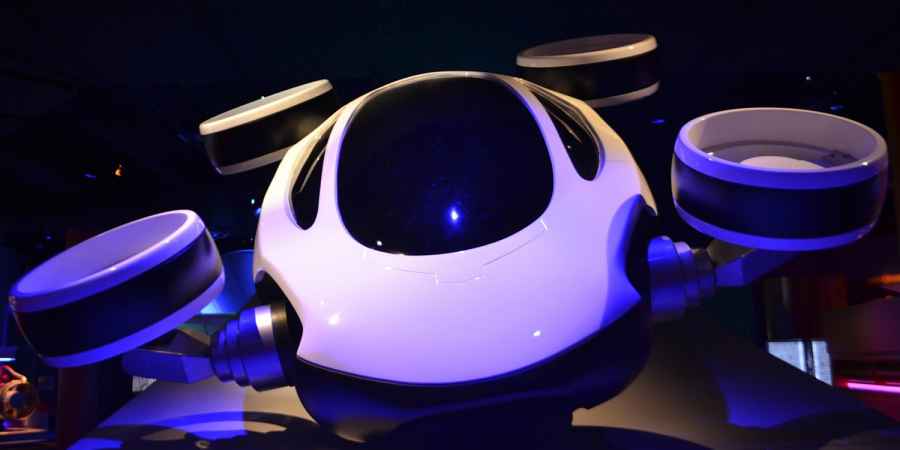

Comments
Want To Join The Conversation?
Sign in or create an account to leave a comment.
Sign In
Create Account
Account Settings
Be the first to comment.